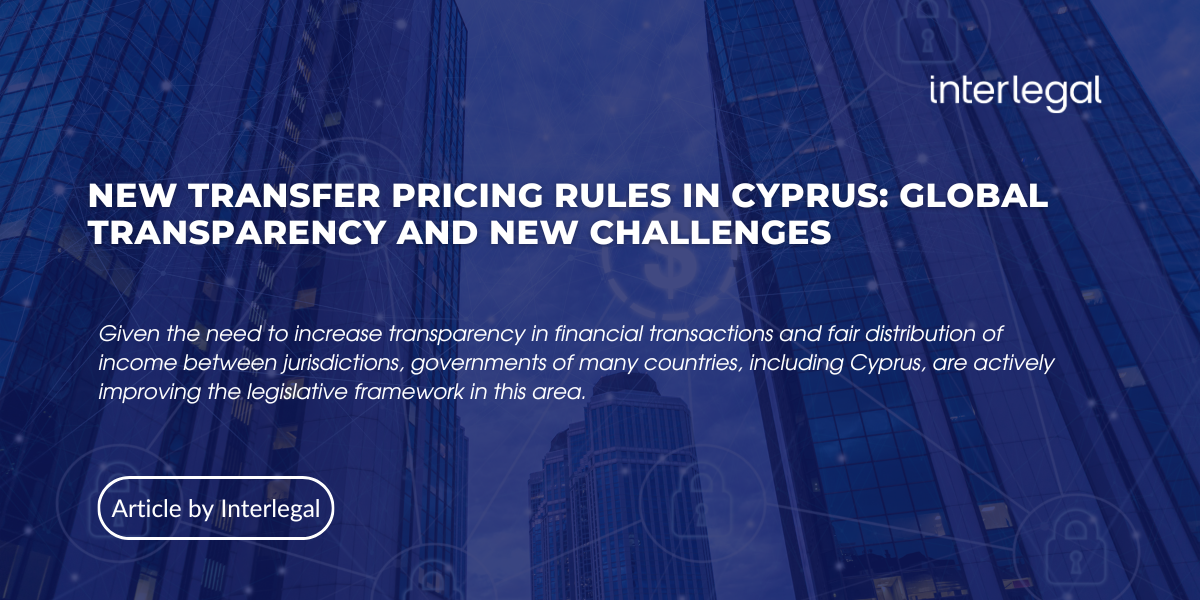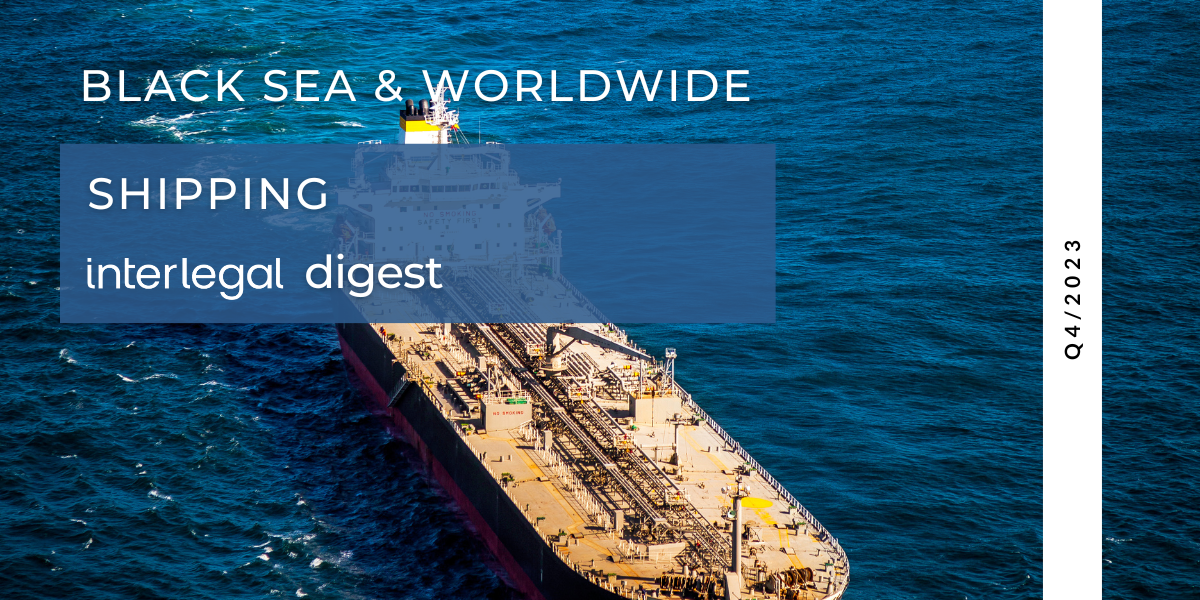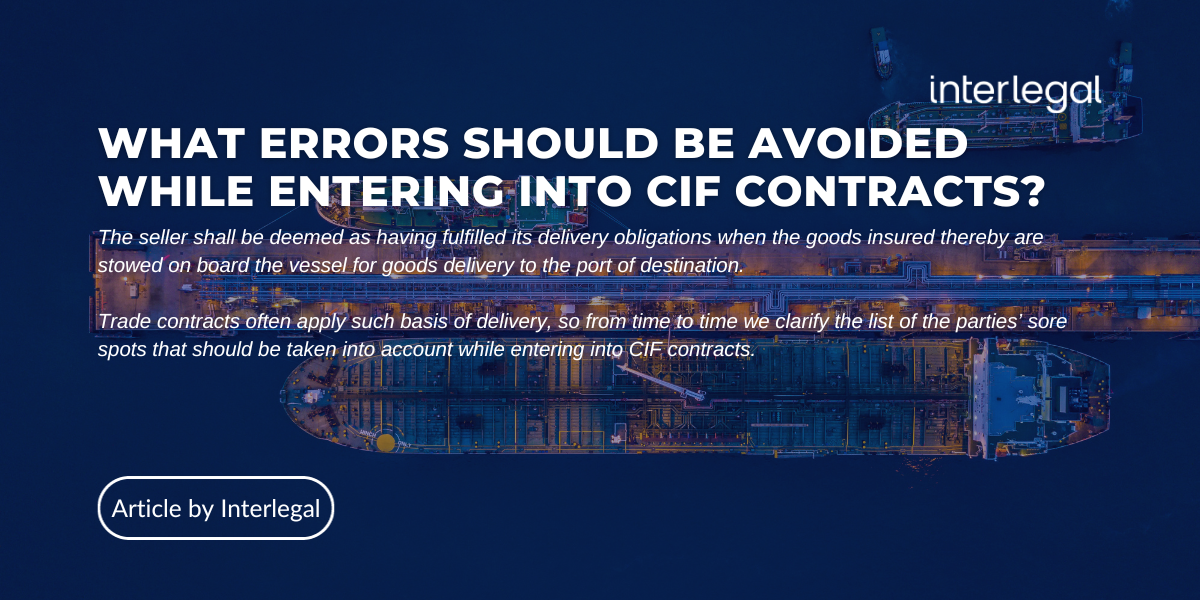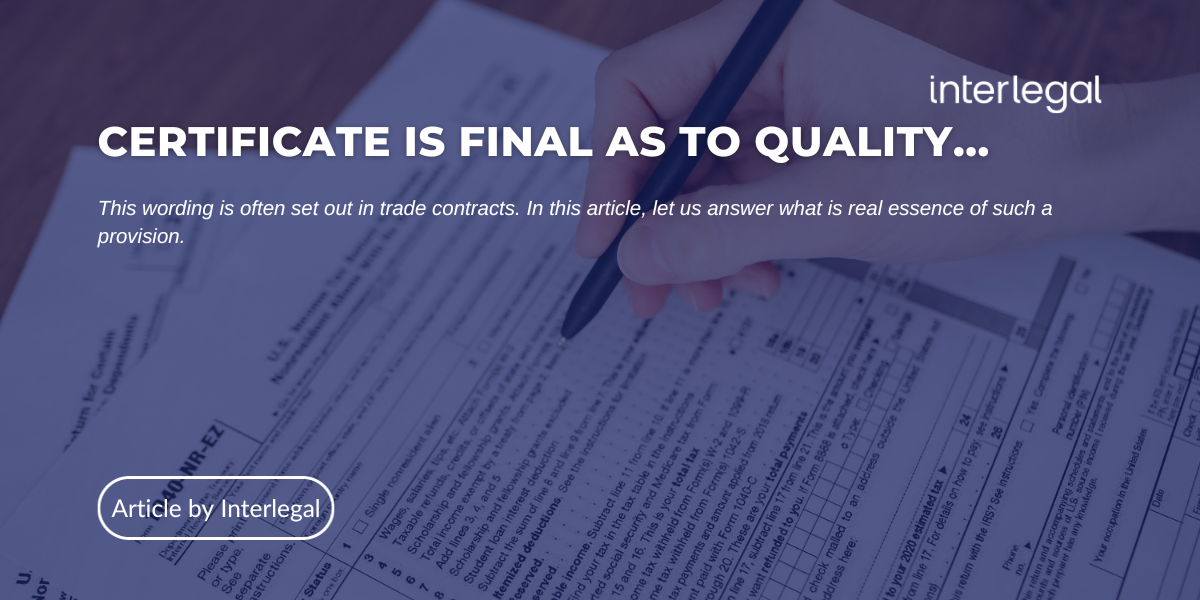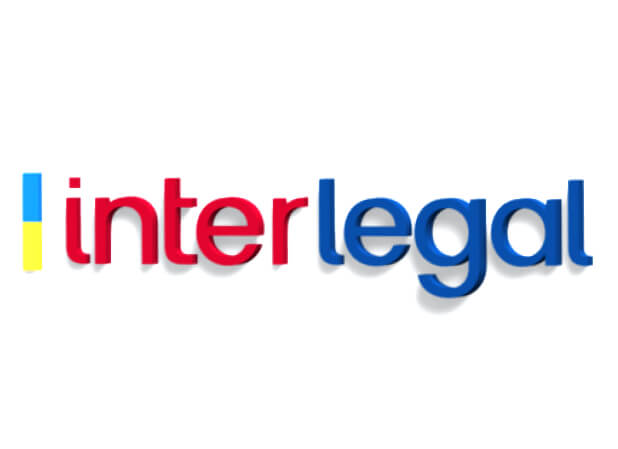Bank Compliance: not so black as it is painted
6 March, 2023
5

Your ask and we answer: PEP, MLA and other frightening definitions of Compliance.
For over twenty years we, Interlegal lawyers, have dealt with opening bank accounts – so, we are fully aware of Compliance and its features.
Our answers to the most widespread questions among our clients are set below.
1. What is Compliance? How can it be specified?
The concept of Compliance is an unspoken rule in business aimed at fixing new solid contacts with business partners or at opening a foreign bank account without any obstacles.
Lately, due to strengthening regulatory base and combatting money laundering, even experienced bank clients who amend their files have faced the need for re-compliance. It extremely differs from compliance procedure applicable for new clients a few years ago.
However, there are several facts regarding Compliance that can mitigate risks for the company.
What is the most attractive item of financial transactions for compliance officers?
Banks usually have different vision of any transactions. Let us highlight some keystones for the companies, to be taken into account in the process of cooperation with bank.
• Transit operations:
Such transactions are usually carried out with mediator(s) engaged, not directly to beneficiary. Banks treat them as doubtful and economically unfeasible transactions. Even when the company’s business activity allows such type of transactions, one should do all the best efforts in order to persuade the bank that such transaction is not aimed to withdraw funds abroad or to reduce the amount of taxes payable.
• No local phone number or website or personnel, while neither shareholder nor director has experience in the company’s activity.
It is quite a typical procedure to verify officers’ accounts in LinkedIn and to engage bank clerks in visiting the company’s actual location.
If your company’s principal activity is aimed at software creation, while the beneficiary is in his/her 70s, this is a possible reason for on-site inspection by bank clerk.
• The company does not pay tax in its registration state.
• Transactions should be economically feasible. Banks thoroughly monitor margins, so it is unreasonable to manage the company if there is no profit.
If you decide to help your friend in payment for goods/services not related to your company, it is a solid reason for freezing the company’s account without clarifying the details.
Bank is concerned of relations neither with your partners nor with your rivals. Any negative information in the Internet automatically terminates relations with your client.
In case of compliance for AML (Anti Money Laundering), the following three aspects should be clear:
– who gains profit from transaction?
– what is its economic essence?
– what is the source of incomes?
How to understand that you are a high-risk client?
A scoring procedure is applicable for compliance of beneficiaries upon the following key aspects:
– citizenship
– tax residence
– type of activity
– country where such person pays taxes should join the Multilateral Competent Authority Agreement. Such an agreement facilitates a standard and effective mechanism aimed at simplifying automatic data exchange in accordance with the Standard for Automatic Exchange of Financial Account Information in Tax Matters.
2. Once PEP – always PEP?
Special attention should be drawn to politically exposed persons (PEPs) who are automatically included into high-risk category.
There is no unified definition of politically exposed person. If there is no suitable definition in legislation of the bank’s jurisdiction, one should refer to international legislative acts.
One more type of persons being treated as PEPs includes persons playing crucial public role either at national or at international level, such as personnel of international entities or members of board. It does not matter, whether this company is a sports federation or a machinery manufacturer.
PEPs are not prohibited to enter bank institutions, since everything should be lawful if the source of income is clear (in particular, in case of earning income before such person held an appropriate office).
In accordance with regulatory acts, banks shall thoroughly verify business for any violation of any regulations concerning criminal or corruptive sources of incomes, by means of World-Check or LexisNexis database.
Such databases of politically exposed persons and high-risk entities apply worldwide for the purpose of detecting and managing reputation and financial risks.
They split risks into nearly 20 categories, while information contained therein is based both on state registers and on information posted in the Internet.
As the result, if a counteragent, a partner or just a person depicted in photo turns out to be a PRP, you can automatically joint the list of so-called politically exposed persons.
3. What is the technical aspect of financial monitoring?
• Most transactions are subject to verification both by the bank itself and by the correspondent bank. Such system contains triggers of cost flows, sanction lists, frequency of transactions with a single counteragent and others.
It causes a double problem: system can reject even a transaction treated as economically feasible.
• Even in case of a correct agreement, without its actual essence it can be treated as null and void.
• Sometimes the bank cannot understand the reason for rejecting a transaction, since correspondent banks do not give any explanations of such rejection.
• Banks may verify the client’s IP address. If an accountant, while staying in Ukraine, not in the company’s residence state, uses his/her own IP address for access to Internet banking of several companies, the bank may ask what the contact type is.
Obviously, questions set by the bank are not always related to the company’s activity; sometimes identity of the company owners has a large impact.
Anyway, you should be fair in the bank’s eyes upon any issues, for avoidance of situation causing essential property losses.
However, based on fair law practice, the client will be able to forecast risks arising during compliance procedure and to fix the most suitable action plan.
In view of long-term experience, Interlegal law team is always ready to represent your interests in the most fair way and by the most flexible methods aimed to settle the dispute as soon as possible and to mitigate your expenses.

